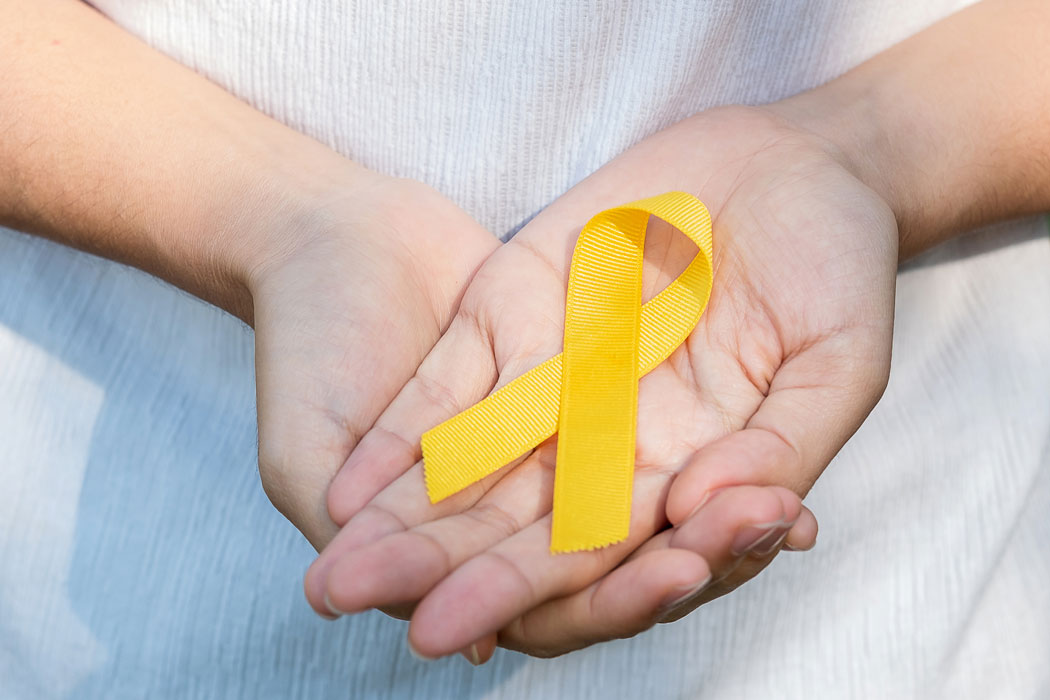Personal well-being
As the medical profession prepares to observe National Physician Suicide Awareness Day on Sept. 17, The DO examines a recent report on physicians and suicide.
Content warning: This article discusses mental health crises and suicide.
Earlier this year, Medscape released their annual Physicians and Suicide report, which found that more than one in six physicians have thought about or attempted suicide. Although a lot has been done to focus on and improve physicians’ mental health in recent years, the report shows that there is still much work to be done in this area. According to The Guardian, between 300 to 400 U.S. physicians a year take their own lives.
As the medical profession prepares to observe National Physician Suicide Awareness Day on Sept. 17, now is a good time to review the report and its takeaways to get a better idea of how things are going in the profession in this area.
Medscape noted that the percentage of physicians who report having contemplated suicide rose from 9% in 2023 to 15% in 2025. No more than 1% of physicians surveyed reported that they had attempted suicide.
“The fact that more physicians are reporting suicidal thoughts needs to be an urgent wake-up call requiring more systemic action,” says Vania Manipod, DO, editor in chief of The DO and an AOA board-certified psychiatrist practicing in Orange County, California. “While it has been encouraging to see an increased focus on physician mental health, health care systems need to ramp up their efforts to support their physicians.”
Physician mental health can be negatively affected by many factors, including overwhelming workloads, lack of employer support and the stress of managing life-or-death situations on the job. In addition, as the stigma of mental illness slowly decreases in our society as a whole and in medicine, more physicians are comfortable admitting to their struggles, even confidentially.
To create the report, Medscape surveyed over 5,700 U.S. physicians of different ages across 29-plus specialties. Below are some additional highlights from the report.
An urgent issue
Medscape created a scale to determine whether the surveyed physicians found physician suicide to be a pressing issue, with 5 being “Very Significant” and 1 being “Not at all significant.” Based on this scale, they found that 57% of doctors leaned toward the significant end, around four times as many as the physicians who leaned toward insignificant. Unfortunately, only 1 in 7 physicians said their employer was highly involved in taking steps to reduce the risk of suicide in physicians.
On a positive note, the report shared that more physicians report feeling comfortable opening up to a therapist, friend or family member about their depression and suicidal ideations. In the 2023 report, only 4 out of 10 physicians with suicidal thoughts had reached out for support, whereas now a majority of doctors have done so with at least one person. The rise in more physicians seeking support for their mental health struggles shows that the long-held expectation that physicians are not supposed to admit to having weaknesses or struggles is slowly changing.
Another positive change in this area in recent years was the passage of the Dr. Lorna Breen Health Care Provider Protection Act, a law to support health workers’ mental health and well-being. The AOA helped get the law passed in 2022; since then, the law has taken steps to prevent physician burnout and improve the systems in which health workers are educated, trained and practicing. Efforts are currently underway to get the Lorna Breen Act reauthorized for another five years.
Resources for help
If you are struggling with burnout, depression and/or suicidal ideations, Dr. Manipod urges you to seek help as soon as possible.
“As a physician who has experienced depression myself, I know how scary it can be to reach out for help when things are feeling hopeless,” says Dr. Manipod. “But I can also tell you that it is possible to recover from depression, and you should not try to do it alone. You are invaluable and your life is worth living. Your friends, family and community need you. It is OK to not be OK, and it is OK to ask for help when you need it.”
In this month’s Burnout column, Sneha Karthikeyan, OMS III, provides a comprehensive overview of mental health and burnout prevention resources available to physicians, medical students and health care systems, including the AOA Wellness Toolkit and AOiA webinars.
For those currently struggling with mental health issues (or know someone who is), below are a few of the options available for physician guidance.
National Suicide Prevention Lifeline: Dial 988
Crisis Text Line: A global not-for-profit organization to support individuals in crisis. It is free 24/7 and confidential. Text HOME to 741741.
Veterans Crisis Line: Text to 838255 or dial 988 then press 1.
Physician Support Line: 1 (888) 409-0141.
PeerRxMed: A free, peer-supported program designed to support clinicians with peer-to-peer support.
Read the full Medscape report here.
Related reading:
National Physician Suicide Awareness Day: Turning awareness into action

